Why Choosing the Right Pontoon Boat Trailer is Essential for Your Water Adventures
When it comes to enjoying water adventures, having the right equipment is crucial, and one often overlooked component is the pontoon boat trailer. According to a report by the National Marine Manufacturers Association, the recreational boating industry has witnessed a resurgence, with pontoon boats leading in popularity due to their versatility and stability. However, the effectiveness of these watercraft can be significantly hindered without an appropriate trailer. A study indicates that nearly 35% of boating accidents occur during the transport phase, emphasizing the need for safe and reliable trailers designed specifically for pontoon boats. By selecting a well-suited pontoon boat trailer, enthusiasts can ensure not only the security of their vessel but also enhance their overall boating experience, paving the way for countless adventures on the water.
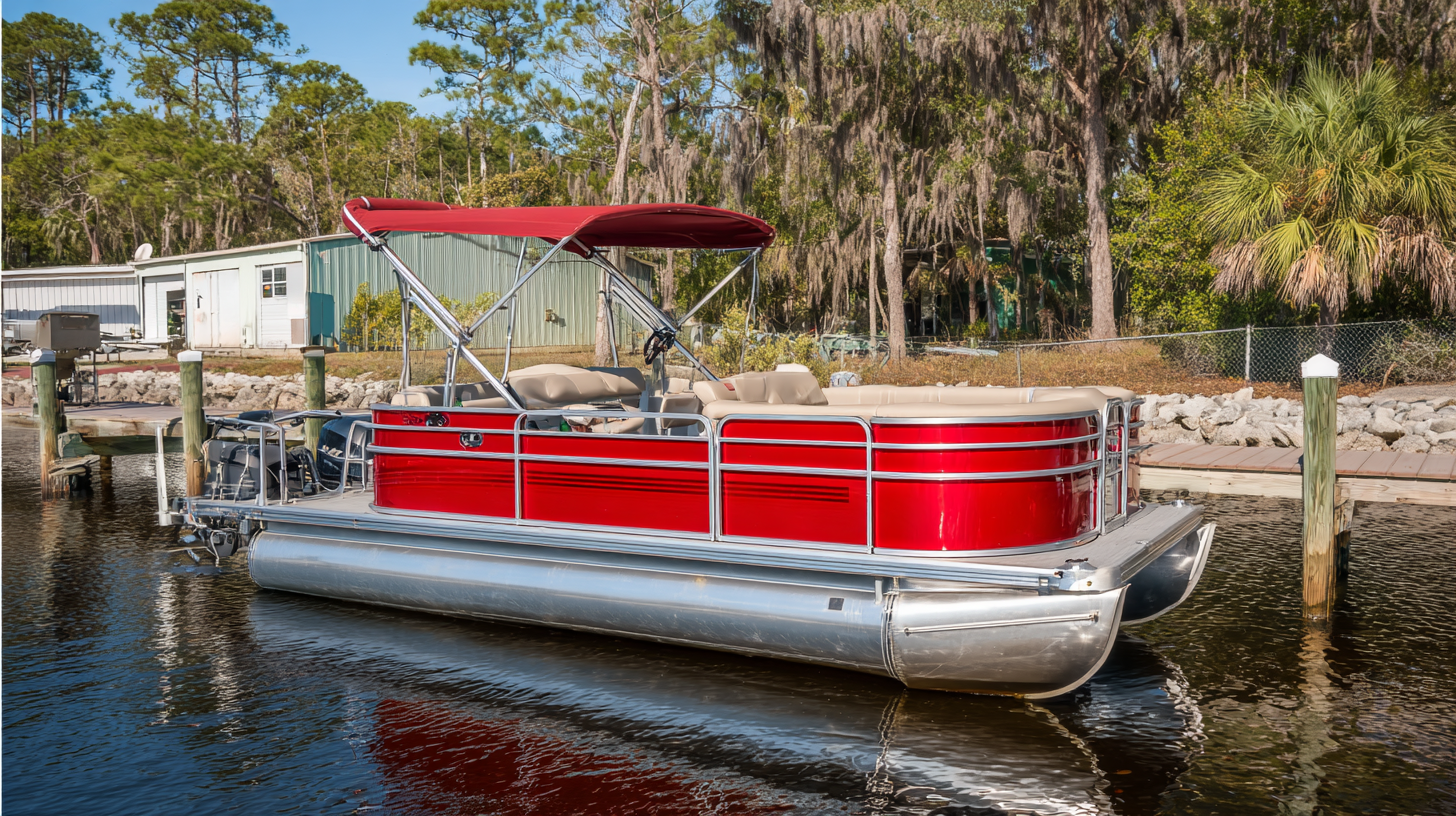
Selecting the Right Type of Pontoon Boat Trailer for Your Needs
When it comes to water adventures, selecting the right type of pontoon boat trailer is crucial for ensuring safe and effective transportation. According to the National Marine Manufacturers Association (NMMA), over 100,000 pontoon boats are sold annually in the United States, reflecting the growing popularity of this versatile vessel. However, the wrong trailer can lead to numerous issues, including damage to the boat and inefficiencies during transport. It’s essential to consider factors such as size, weight capacity, and material when choosing a trailer tailored to your pontoon’s specifications.
The type of trailer you select should correspond with your specific boating needs. For instance, a bunk trailer provides better support for larger or heavier pontoon boats, while a roller trailer allows for easier loading and unloading, especially in shallow water. The NMMA emphasizes that using a trailer designed for your boat's weight and size can significantly reduce the risk of accidents during transport, as improperly matched equipment can lead to instability on the road. By prioritizing these factors, boaters can ensure a smoother, safer experience from the driveway to the water.
Why Choosing the Right Pontoon Boat Trailer is Essential for Your Water Adventures
| Trailer Type | Weight Capacity (lbs) | Length Compatibility (ft) | Material | Price Range ($) |
|---|---|---|---|---|
| Single Axle Trailer | 2,500 | 18 - 24 | Steel | 1,000 - 2,500 |
| Tandem Axle Trailer | 4,500 | 24 - 30 | Aluminum | 2,500 - 5,000 |
| Bunk Style Trailer | 3,000 | 20 - 26 | Galvanized Steel | 1,500 - 3,500 |
| Roller Trailer | 3,500 | 22 - 28 | Aluminum | 2,000 - 4,500 |
Key Features to Look for in a Pontoon Boat Trailer
When selecting a pontoon boat trailer, it's crucial to consider several key features that ensure safe and efficient transport to your favorite water adventures. First and foremost, the trailer's weight capacity must align with your pontoon's size and weight. A trailer that is too light may lead to swaying, instability, or even damage during transit. Look for trailers specifically engineered for pontoon boats, as they often have wider frames for better support and stability.
Additionally, adjustable bunks are a significant feature to look for. These will help in aligning the pontoon perfectly for loading and unloading, thus preventing any unnecessary scraping or damage to the underside of the boat. Another important aspect is the braking system; a quality trailer should have responsive brakes that match the weight of your boat, improving safety on the road. Lastly, consider features like corrosion-resistant materials and sealed bearings, which will enhance durability and reduce maintenance needs while prolonging the lifespan of your trailer.
Essential Features of Pontoon Boat Trailers
Understanding Weight Capacity and Size Requirements for Trailers
When selecting a pontoon boat trailer, understanding the weight capacity and size requirements is crucial. Every pontoon boat comes with a specific weight rating, which includes the weight of the boat itself, the engine, and any equipment on board. Choosing a trailer that exceeds the weight capacity not only ensures safety during transportation but also prolongs the life of both the trailer and the boat. A trailer with inadequate weight support can result in structural damage or, worse, pose serious risks on the road.
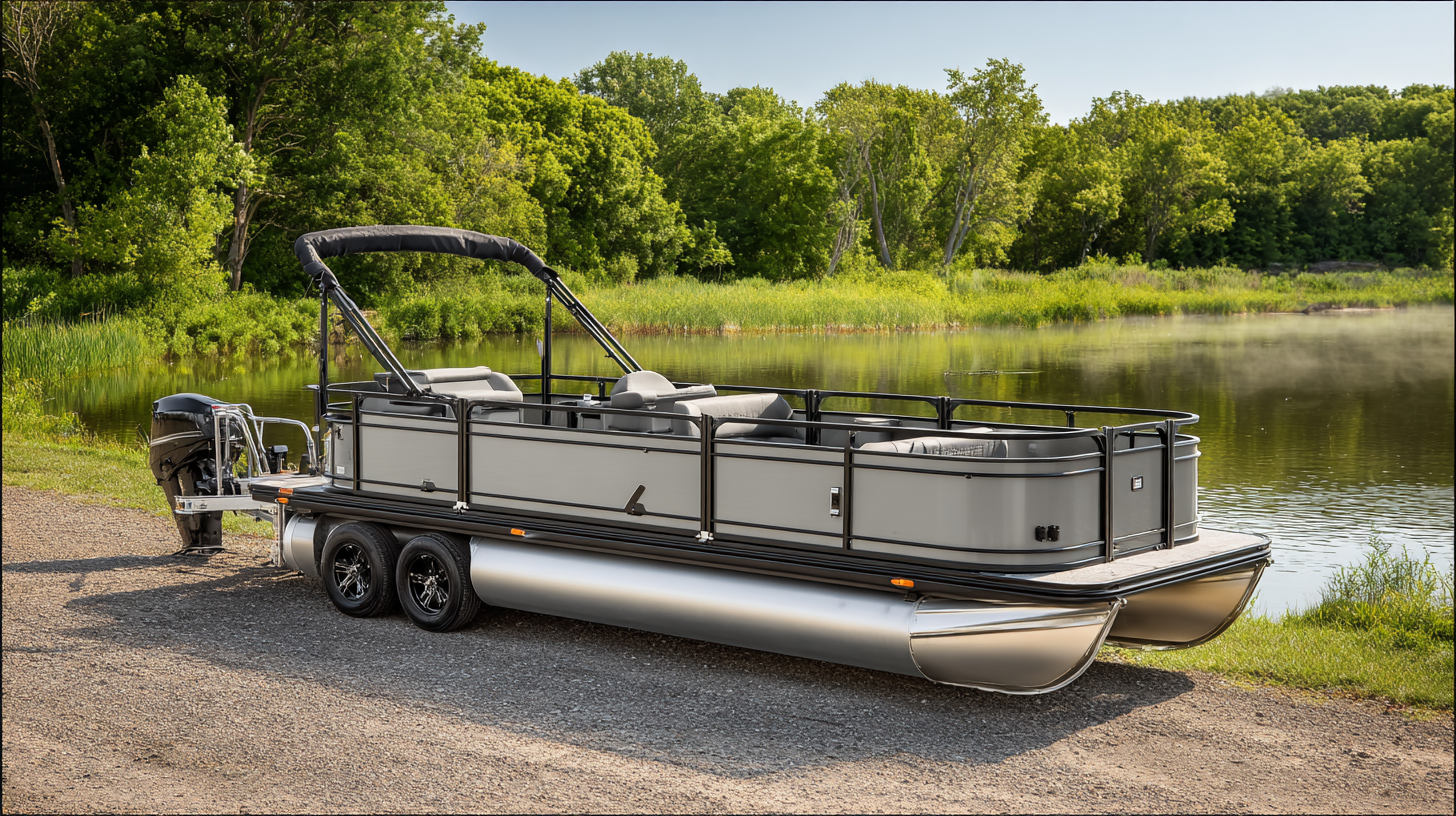
Size is another essential factor to consider. The dimensions of your trailer must match those of your pontoon boat to ensure a snug fit and proper balance. An oversized trailer can lead to instability, making it difficult to tow, while an undersized trailer can struggle to support the boat, leading to potential accidents. Additionally, it’s vital to evaluate features such as adjustable bunks and loading ramps that cater to varying sizes and shapes of pontoon boats. By closely examining weight capacity and size requirements, you set the foundation for safe and enjoyable water adventures.
How to Properly Maintain Your Pontoon Boat Trailer
Maintaining your pontoon boat trailer is crucial for ensuring safe and enjoyable water adventures. According to the National Marine Manufacturers Association (NMMA), proper maintenance can extend the lifespan of both the trailer and the boat, saving owners money in the long run. Routine checks of tire pressure, brakes, and lights are essential. Studies indicate that about 30% of trailer-related accidents stem from mechanical failures that could have been prevented with regular maintenance.
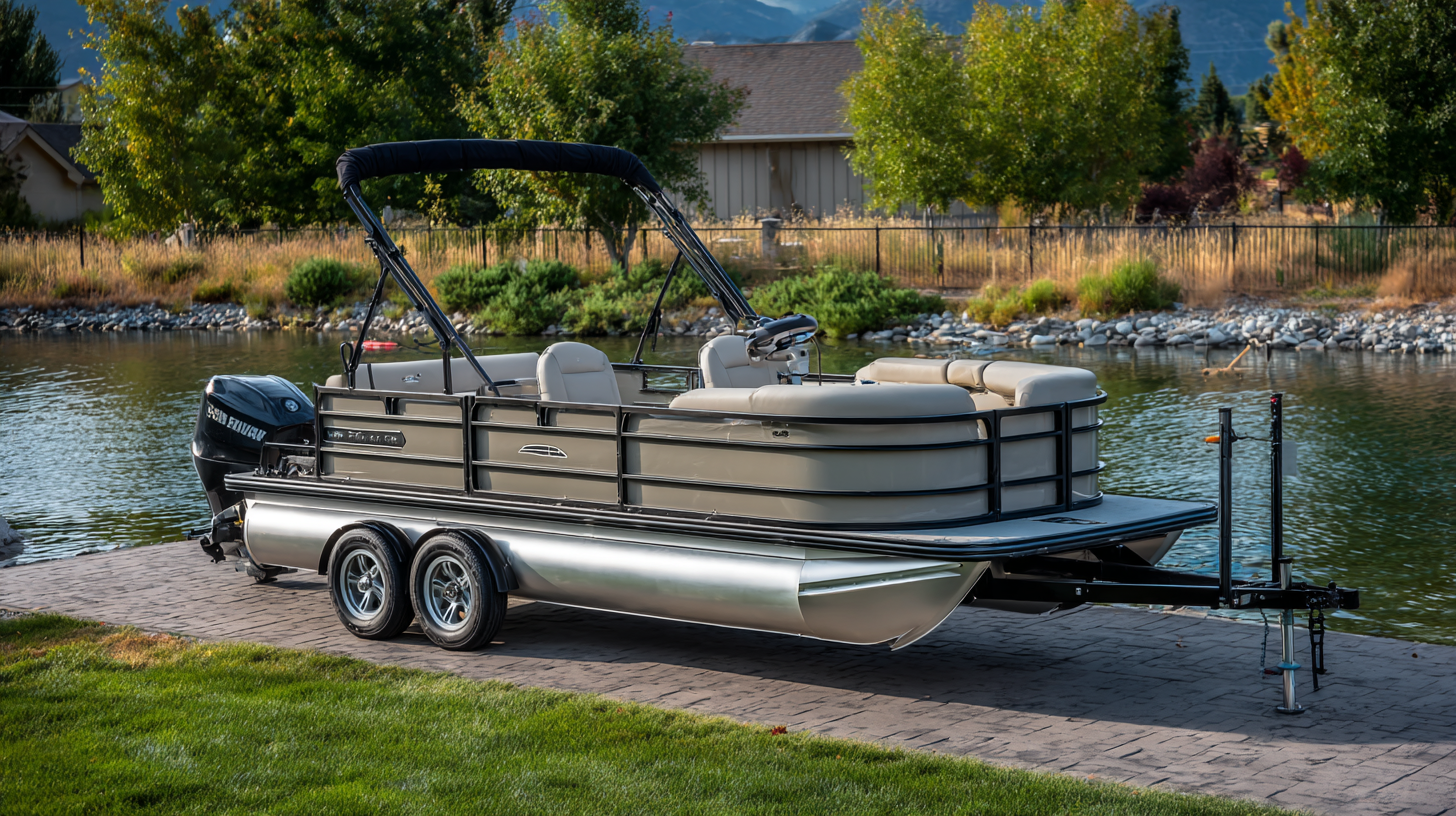
Additionally, keeping the trailer clean and free from corrosion is vital, especially for those who often use it in saltwater conditions. The Boat Owners Association of The United States emphasizes that rinsing the trailer after use and applying protective coatings can drastically reduce rust and wear. By following these maintenance tips and staying proactive, boat owners can ensure their pontoon trailer remains in peak condition, contributing to a safe and enjoyable boating experience.
Tips for Safely Transporting Your Pontoon Boat to the Water
When embarking on water adventures with your pontoon boat, the importance of safely transporting your vessel cannot be overstated. First and foremost, ensure that your pontoon boat is securely fastened to the trailer. Using ratchet straps or tie-downs can prevent any shifting during transit, which is vital for maintaining stability and safety on the road. Additionally, make sure the weight is evenly distributed across the trailer and that the boat is well-centered to avoid any swaying, especially during turns.
Another key aspect of safe transport involves checking your trailer’s lighting and braking systems. Before setting off, it's essential to verify that all lights are functioning correctly, including brake lights and turn signals. This not only keeps you visible to other drivers but also helps prevent accidents. Furthermore, regularly inspect your trailer’s tires for proper inflation and tread wear. This will enhance your traction and control while traveling, ensuring that both you and your pontoon boat can reach the water safely and efficiently.
Related Posts
-
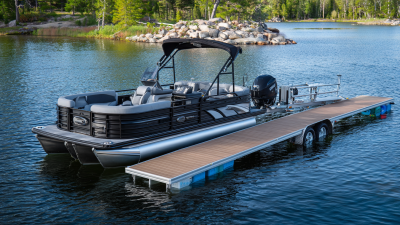
How to Choose the Right Pontoon Boat Trailer for Your Needs
-

Advantages of Choosing a Quality Pontoon Boat Trailer for Your Water Adventures
-
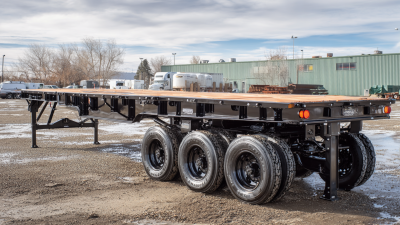
Solutions for Optimizing Your Utility Trailer Parts for Maximum Efficiency
-

Unlocking the Advantages of Trailer Accessories for Enhanced Safety and Efficiency
-

Exploring Innovative Alternatives for Boat Trailer Parts to Enhance Your Marine Experience
-

Ultimate Guide to Choosing the Right Enclosed Trailers for Your Needs
